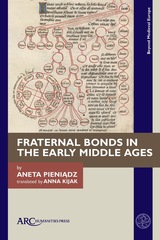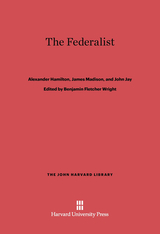
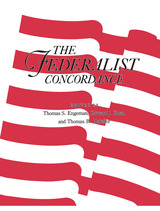

Federalist papers, Carey provides a glimpse of our Republic's original
design. He shows us what kind of federal union The Federalist's
authors had in mind, and indicates how we have strayed from their intent."
-- Paul Gottfried, National Review
"The best book yet published on The Federalist." --
Paul Peterson, The Review of Politics
"Serious scholars of American politics will find it stimulating
and useful in deepening their own understanding of the American regime."
-- Charles E. Umbanhowar, Perspectives on Political Science
"Likely to become a classic in its own right. The Federalist
is excellent: well organized, carefully considered, incisive, lucid, concise,
and masterful." -- Ellis Sandoz, author of A Government of Laws:
Political Theory, Religion, and the American Founding
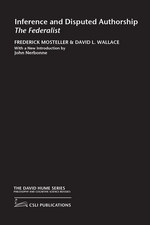
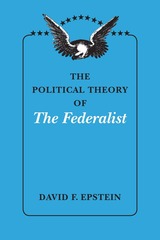
In The Political Theory of “The Federalist,” David F. Epstein offers a guide to the fundamental principles of American government as they were understood by the framers of the Constitution. Epstein here demonstrates the remarkable depth and clarity of The Federalist’s argument, reveals its specifically political (not merely economic) view of human nature, and describes how and why the American regime combines liberal and republican values.
“While it is a model of scholarly care and clarity, this study deserves an audience outside the academy. . . . David F. Epstein’s book is a fine demonstration of just how much a close reading can accomplish, free of any flights of theory or fancy references.”—New Republic
“Epstein’s strength lies in two aspects of his own approach. One is that he reads the text with uncommon closeness and sensitivity; the other is an extensive knowledge of the European political thought which itself forms an indispensable background to the minds of the authors.”—Times Literary Supplement
READERS
Browse our collection.
PUBLISHERS
See BiblioVault's publisher services.
STUDENT SERVICES
Files for college accessibility offices.
UChicago Accessibility Resources
home | accessibility | search | about | contact us
BiblioVault ® 2001 - 2024
The University of Chicago Press


